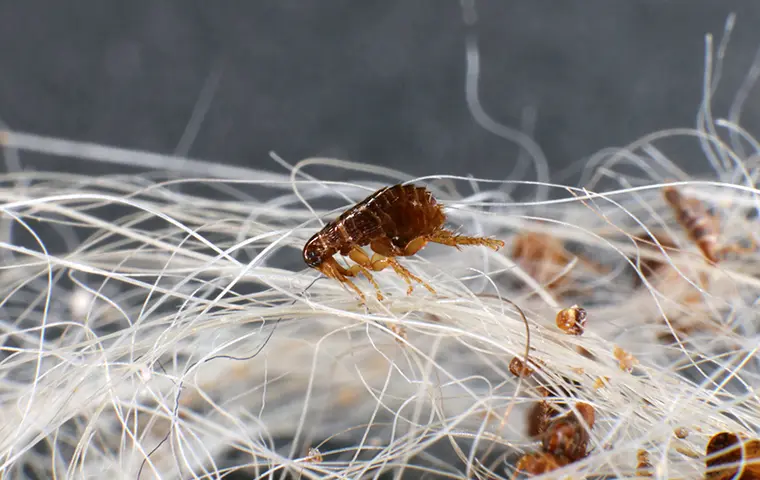It is common to hear people say that water softeners are the same as whole-house filters, but it is false. You can use different water purifying technologies depending on which filtration system is installed. First, identify the impurities in your water. Based on the results, choose the right filtration system to remove impurities. Water impurities may range from excess minerals to excessive chlorine. The smell of excess chlorine can often go unnoticed, but it is easy to spot the caustic hardness and minerals. You will see the characteristic staining of these minerals on floors, sinks, and utensils. It can be difficult to treat hard water because it requires water softeners with high functionality that soften and convert hard water into soft water. Water softeners are different from water filtration systems in this regard. Let’s examine the functions of each system to better understand the differences.
WHAT DOES A WATER FILTRATION SYSTEM DO?
To remove contaminants from your water supply, a whole-house water filtration system can be set up. You may need to test for water hardness depending on where your water comes from to remove suspended contaminants and sediments. To remove the chlorine smell. The user can choose to have a whole-house water filter set up. The system assesses water compatibility, determines flow rate, regenerates cycle, maintenance cost, and many other factors. Different types of whole-house water filters can be installed depending on the complexity of your problem. No matter what your concern is, whole house filters can be installed.
WHAT IS HARD WATER?
Hard water has a higher mineral content than soft water. It forms when water flows down from limestone, gypsum, or chalk deposits. These deposits contain either magnesium carbonates or calcium bicarbonates or sulfates.
Although hard water is said to have health benefits, it can cause serious problems in the industrial and domestic spheres. To avoid costly breakdowns of cooling beds and boilers that treat water, industrial setups must keep water hardness under control. Hard water can cause foaming problems in households when detergent or soap is used in the water. Limescale or flaky white deposits in water heaters and kettles is another sign. Water softening is an effective way to reduce the negative effects of hard water on your life and lifestyle. Water softeners are here to help.
WHAT DOES A WATER SOFTENER DO?
Water softeners remove excess minerals by using a process known as ‘ion exchanging’. These elements contain positively charged ions while the porous resin beads used to soften water have negatively charged ions. Because opposites attract, calcium and magnesium are trapped in the resin. This allows the softened water to flow freely because they have been treated. A water softener’s average lifespan is 15 years if it is maintained properly. Combining water softeners and water filtration systems can give you sparkling water in your commercial or domestic space. Both can remove contaminants and sediment from water. The other is meant to soften the water. This is how you get the best of both.
THE OPPORTUNITIES OF USING A WHOLE-HOUSE WATER FILTRATION SYSTEM AND WATER SOFTENER
You may be surprised to learn that water filtration systems not only remove contaminants but also help to maintain skin health. Your body will be able to process water faster and retain its hydration if there are less harsh chemicals in your water. Filtered water is ideal for drinking, and it will also have the added health benefit of being treated with water softeners.
Both water softeners, as well as water filter systems, concentrate on different water components. It can be difficult to decide which one is best for you. The best solution for households or businesses that have hard water issues is to combine the water softening and water filtration systems. You can ensure safe drinking water for everyone in your home or business.
Water that has been contaminated with toxins or excessive minerals will perform better and smell and taste better. There are no obvious disadvantages to using a whole-house water filtration system along with water softeners. Both water treatment systems offer many benefits. You can rest assured that your home appliances are safe from water damage. There will be no white powdery or flaky residue on your bathroom and kitchen floors. There is no additional taste or odor. So what are you waiting for? Get in touch with the top water filter companies in town to have water filters installed at your home.
This post was written by a specialist at One Green Filter. One Green Filter specializes in water softener installation in Brandon FL. One Green Filter is Tampa Bay’s top Water Softener, Purification & Filtration Expert. Our customers chose One Green FIlter because of our consistently high level of service and superior products we use to deliver pure, delicious water to their homes, businesses, and schools across the Tampa Bay area. To schedule a free appointment to test the quality of your water at your convenience contact us today.




